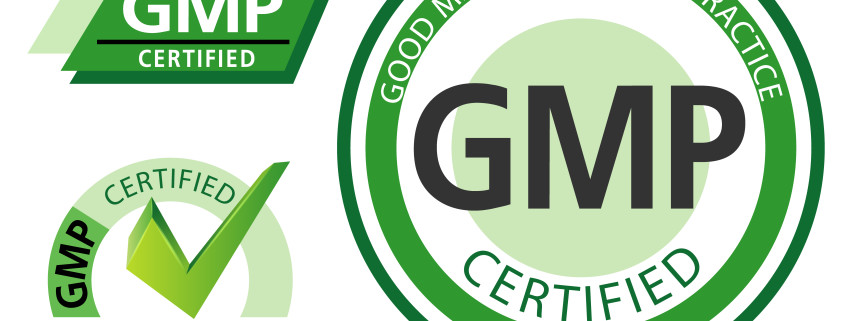Good Manufacturing Practices in Canada
Good Manufacturing Practices (GMP) is a term understood and well recognized worldwide for the control and management of manufacturing and testing of pharmaceutical products. In Canada the GMP requirements also apply to natural health products (dietary supplements).
Adopting GMP can help avoid:
- adulteration or contaminated products,
- labelling errors such as the incorrect label or missing risk information,
- distribution and storage practices that have a negative impact on product quality and safety.
Conformance with GMP must be demonstrated before any product is sold in Canada by providing evidence of compliance to Health Canada. Evidence requirements will depend on which product is intended to be sold in Canada, the location of the applicant and supporting facilities, and the function of the Canadian applicant within the supply chain, such as import, distribute, warehousing or packaging and labelling. Division 2, Part C of the Food and Drug Regulations of Health Canada should be consulted for details on these requirements.
Currently in Canada, manufacturers and other parties involved with the supply chain for drug products must undergo a pre-license inspection, but those performing the same activities for the natural health or dietary supplement product category do not require an inspection in order to receive GMP recognition. However one thing Health Canada has made clear is that for natural health products, changes are planned down the road to move away from the existing self-assessment model to a model that includes on-site verification of compliance with GMP. While the prospect of a visit from a Health Canada inspector may be intimidating for some, with proper understanding of Health Canada’s requirements and the right set of internal documentation, an on-site verification process can actually be viewed as an opportunity for groups to have their GMP efforts critically reviewed, enhanced where necessary, and then recognized by Health Canada.
A “to-do” list to help you prepare for your inspection:
- have on hand organizational charts with written job descriptions for each position,
- ensure staff training is up to date and be prepared to show evidence and training records,
- clean and tidy your premises,
- familiarize yourself with which regulations apply to your function in the supply chain,
- review standard operating procedures (SOPs) relevant to your GMP operations and ensure they are current, in use at your facility, and approved by the quality control department,
- have ready for review all signed GMP technical agreements in place for contractors and partners.
Observations, which are deviations from the Food and Drug Regulations will be identified by Health Canada at the completion of your inspection. Common observations include:
- inadequate evidence to demonstrate the storage and transportation conditions for products are appropriate, for parties importing into Canada and distributing within Canada,
- missing GMP quality agreements for fabricators with their packagers, testers and distributors,
- lack of written action steps to be taken by fabricators when products do not meet their specifications,
- inadequate procedures in place for a change control system which ensures all changes are properly documented, evaluated and approved by the quality control department,
- absence of practices and precautions taken to minimize contamination and prevent mix-ups, at distribution, warehouse and storage facilities,
- testing laboratories where deviations such as out-of-specification results are not investigated,
- absence of a written product recall procedure that would enable a rapid and effective product recall of products sold in Canada.
Preparation of facility and documentation should be a priority in the GMP licensing process, in order to keep the list of observations as short as possible, thereby reducing the time to approval.





